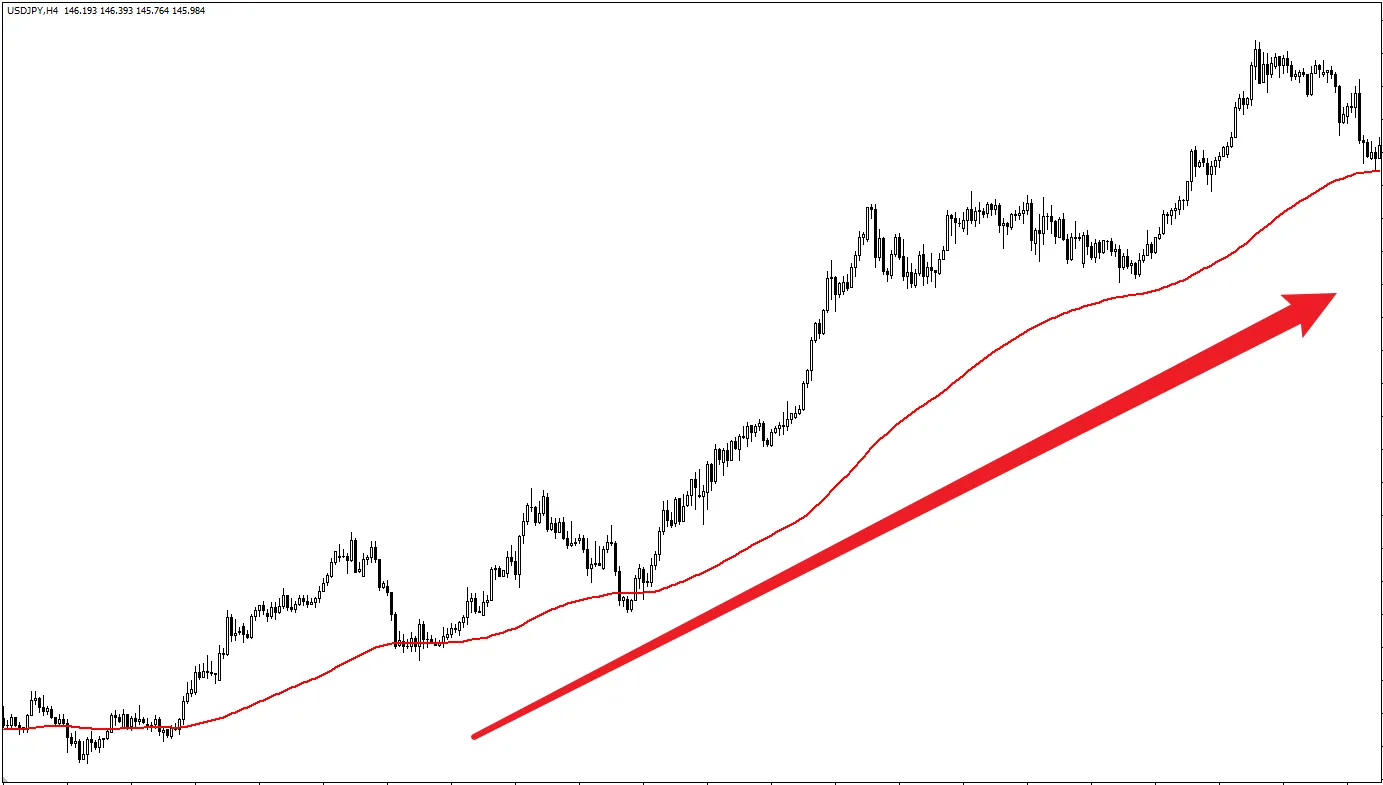Unexpected Shocks in the Forex Market: Understanding Geopolitical Risks and Their Impact
We know that a country's economic health and interest rates affect the value of its currency.But beyond these economic factors, international political relations, regional conflicts, and even internal unrest in some countries can also have significant impacts on global financial markets, including the forex market.
These risks arising from the interaction of geography (Geo-) and politics (Political) are called "Geopolitical Risks."
Sometimes, these risks appear suddenly like "Black Swan" events, catching the market off guard and triggering severe volatility.
It is very important to understand what geopolitical risks are, how they typically affect the forex market, and how beginners should view and respond to these potential "unexpected shocks."
1. What Are Geopolitical Risks?
Geopolitics: This term generally refers to how factors such as geographic location, national power, and political interactions influence each other in international relations.Geopolitical Risk: Refers to the risk that conflicts between countries, political instability within one or more countries, or major international political events may negatively impact the global or regional economic and financial environment, thereby causing market uncertainty and volatility.
Common examples of geopolitical risk events include:
- War or military conflicts
- Terrorist attacks
- Uncertain election outcomes in major countries
- Trade wars or severe international trade disputes
- Economic sanctions imposed by major countries
- Domestic political turmoil, coups, or social unrest
- Breakdown of important international treaties or major changes in geopolitical alliances
2. How Do Geopolitical Risks Affect the Forex Market? The Core Is "Risk Aversion Sentiment"
The main way geopolitical risks affect the forex market is by changing global investors' "Risk Sentiment" or "Risk Appetite."When a risk event occurs -> Risk aversion intensifies:
When international tensions rise and uncertainty sharply increases, investors become fearful and tend to avoid risk, seeking to protect their assets.
- Capital outflows from risk assets: They may sell assets considered high-risk, such as stocks, bonds, and currencies of emerging markets, or currencies of countries directly involved in conflicts. This leads to depreciation (weakening) of these currencies.
- Capital inflows into safe-haven assets: At the same time, funds flow into relatively safe "safe havens." In the forex market, traditional safe-haven currencies typically include:
- US Dollar (USD): As the world's primary reserve and settlement currency, and backed by deep and liquid US financial markets, the USD is usually sought after during crises.
- Japanese Yen (JPY): Japan is one of the world's largest creditor nations, and its stable economy and low interest rate environment have historically made its currency a safe haven.
- Swiss Franc (CHF): Switzerland's long-standing political neutrality and robust financial system make its currency a recognized safe-haven choice.
When the risk event eases -> Risk appetite returns:
If geopolitical tensions ease or positive solutions emerge, market panic subsides, and investors may seek higher returns again. Funds may flow out of safe-haven currencies back into previously sold higher-risk currencies, causing exchange rates to move in the opposite direction.
Other impact channels:
- Direct economic impact: War, sanctions, or trade barriers directly disrupt production, trade, and energy supply in affected countries, damaging their economic growth prospects and weakening their currency value.
- Policy uncertainty: Political turmoil makes future economic policies unpredictable, which suppresses investment willingness and negatively affects currencies.
3. Characteristics of Geopolitical Risks: Difficult to Predict, Strong Impact
Unlike economic data releases that can be checked in advance on the Economic Calendar, many major geopolitical events are sudden and unpredictable.They can erupt at any time, and it is difficult to accurately judge their specific impact and duration on the market in advance.
4. How Should Beginners View and Respond to Geopolitical Risks?
Facing such unpredictable risks, what should beginners do?- Maintain basic awareness without excessive anxiety: It is enough to stay informed about major global political developments and potential risk points through reliable news sources (such as major international news agencies and authoritative financial media). There is no need to overreact or try to trade every minor international friction or news headline.
- Understand the dynamics of safe-haven currencies: Know which currencies (USD, JPY, CHF) tend to strengthen or weaken when the market is generally fearful. This helps you understand the general market flow during crises instead of feeling confused.
- Risk management is your "seatbelt": This is always the most effective weapon against unexpected shocks.
- Always set stop-loss orders: No matter your reason for entering a trade, set stop-loss orders. This is the most important defense against huge losses caused by sudden price reversals due to unexpected events.
- Control position size: Use smaller trading lots to ensure that even if stop-loss is triggered, losses remain within your acceptable range. Never overuse leverage.
- (Advanced) Diversification may help: Not putting all funds into a single currency pair may help spread risk, but for beginners, the priority is controlling risk per trade.
- Avoid trading based on geopolitical news: Like economic data, trying to trade based on rapidly changing and incomplete geopolitical news headlines is extremely risky for beginners. Market reactions can be very chaotic and unpredictable.
- Stick to your trading strategy and discipline: Focus on executing your verified trading plan based on technical analysis or longer-term fundamental analysis. Let your stop-loss orders handle those unpredictable "Black Swan" events instead of trying to predict or chase every news headline.
Conclusion
"Geopolitical risk" arises from international political relations, conflicts, and instability, and is an important (and often unpredictable) force affecting the forex market.It mainly works by changing market risk sentiment, usually triggering capital flows into safe-haven currencies such as the US Dollar, Japanese Yen, and Swiss Franc during crises.
Due to its suddenness and unpredictability, directly trading geopolitical event risks is extremely high risk.
For beginners, the best response strategy is to stay informed about major international events through reliable channels, understand the principles of safe-haven assets, but more importantly, always adhere to risk management measures such as using stop-loss orders and reasonable position sizes to protect yourself from market shocks.
Focus on your controllable trading plan and risk management, rather than trying to predict or control inherently unpredictable events.
Hi, we are the Mr.Forex Research Team
Trading requires not just the right mindset, but also useful tools and insights. We focus on global broker reviews, trading system setups (MT4 / MT5, EA, VPS), and practical forex basics. We personally teach you to master the "operating manual" of financial markets, building a professional trading environment from scratch.
If you want to move from theory to practice:
1. Help share this article to let more traders see the truth.
2. Read more articles related to Forex Education.
Trading requires not just the right mindset, but also useful tools and insights. We focus on global broker reviews, trading system setups (MT4 / MT5, EA, VPS), and practical forex basics. We personally teach you to master the "operating manual" of financial markets, building a professional trading environment from scratch.
If you want to move from theory to practice:
1. Help share this article to let more traders see the truth.
2. Read more articles related to Forex Education.





